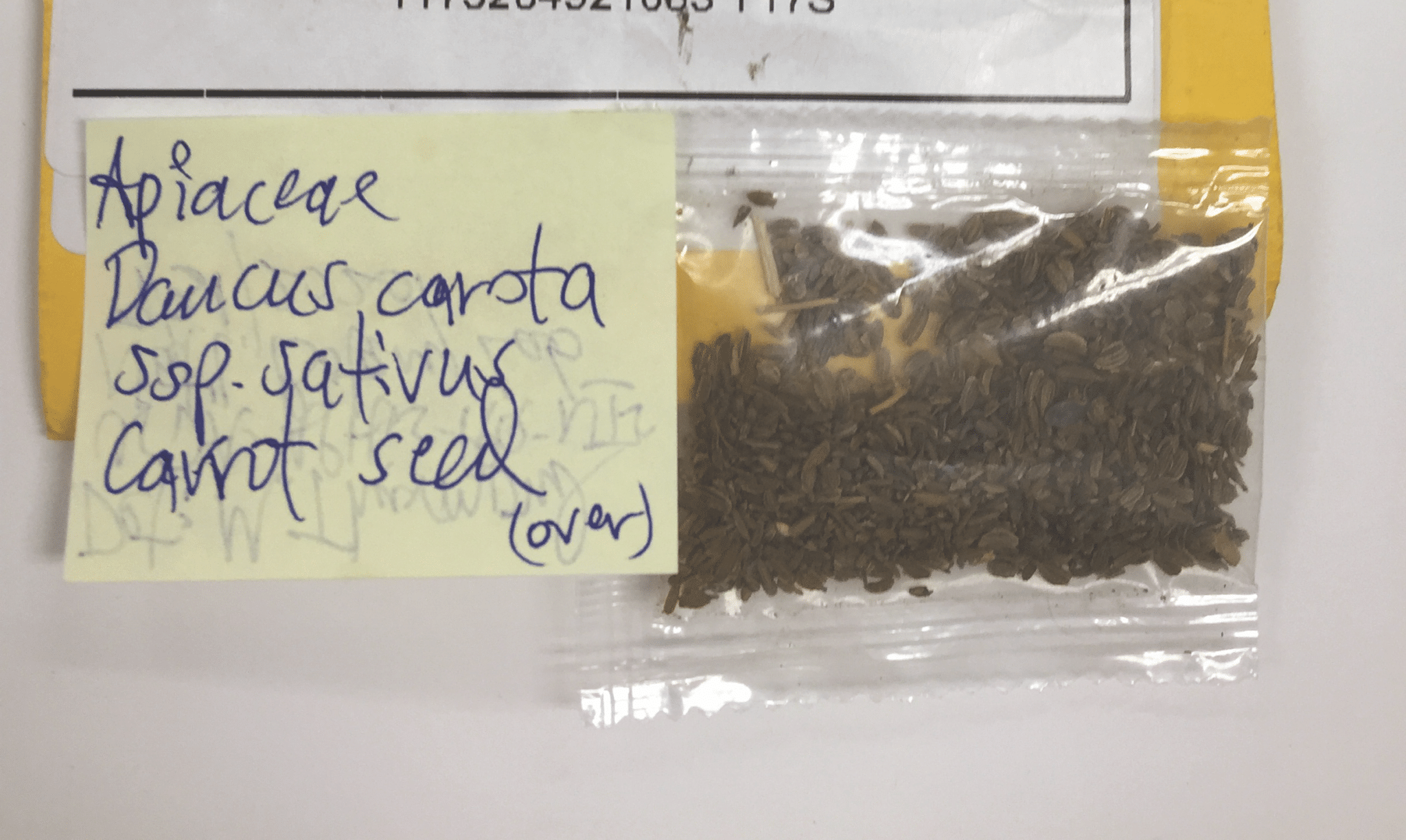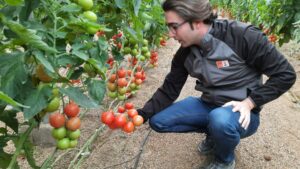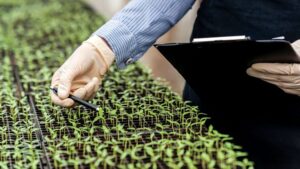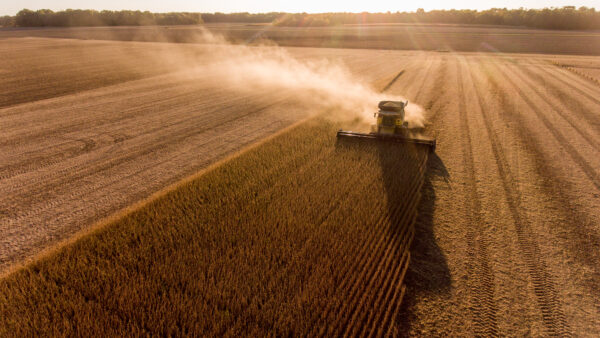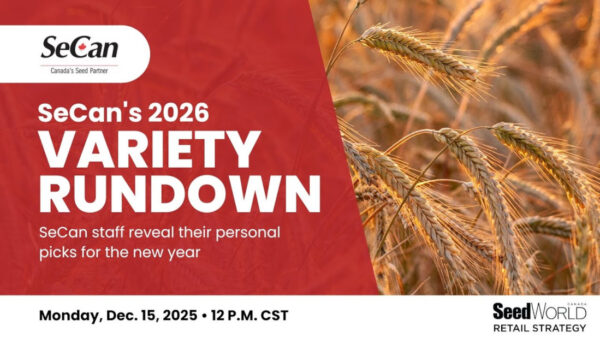Mystery seeds from China have started appearing in mailboxes across the United States.
If you’ve read any mainstream news lately, there’s plenty of things to be concerned about. The election in November, COVID-19 … but did you ever think that seed would become something to be worried about in 2020?
Across the United States and branching out to other countries such as Canada and Australia, people have been receiving suspicious packages in the mail. But they’ve all contained the same thing.
Seeds.
States across the Untied States have had numerous reports of seeds popping up in mailboxes. Usually, they aren’t marked very well or have very little information.
“We’ve seen that people have been receiving packages for some time,” says Michael Wallace from the Virginia Department of Agriculture Communications office. “The packages are reported to have little or no information on them. They’ve had Chinese writing on them, and we’ve had some people report their packages say they contain jewelry in them.”
Wallace notes that since July 23, they’ve steadily been receiving reports of suspicious seeds showing up in mailboxes across the state.
“We’ve received more than 500 telephone calls and 2,031 reports of people receiving seeds,” he says. “There are approximately 1,068 reports of Virginia residents receiving seeds. In the state of Virginia, it seems that there’s no connection between any of these people — it’s random.”
Wallace said it’s difficult to pin down exactly how many packages have been received in Virginia.
“There are some people who’ve reported that they’ve received seeds to us outside of Virginia,” he says. “We also have 460 emails from people who did not identify their state of residence. Then, 343 residents reported receiving packages of seeds a few weeks or months ago. It’s really a situation that keeps developing.”
For now, states like Virginia are directing people who have received seeds to the U.S. Department of Agriculture Animal and Plant Health Inspection Service (USDA APHIS). USDA APHIS is currently running an investigation on the seeds to determine the phytosanitary risks and run tests to determine what the packages contain.
“We’ve received more than 9,000 emails from private citizens across the country who report receiving unsolicited seeds,” says Osama El-Lissy, deputy administrator for APHIS’s Plant Protection and Quarantine. “We have collected 925 seed packages as of Aug. 11.”
When it comes to the concern of what these seeds contain, currently, APHIS hasn’t found anything alarming about these packages.
“We found one seed that is found to contain a noxious weed called dodder, but just one seed,” El-Lissy says. “Another seed we’ve found is also another noxious weed called water spinach. That’s the extent of our findings so far.”
In addition to a few weed seeds, APHIS also reports finding one larva in a package.
“We’ve found one larva in one seed — a leaf beetle,” El-Lissy reports. “They’re common, at least most of the species are common in the United States. Other than that, we have not found anything alarming.”
However, even though nothing alarming has been found so far, state Departments of Agriculture and APHIS still recommends not to plant these seeds.
“If a Virginia resident receives seeds, we ask that they report and send the seeds to the USDA,” Wallace says. “It’s important not to open the packets, and they should place the seeds along with the mailing material in a Ziplock bag to send to the USDA.”
Wallace notes that this helps cut down on the potential of invasive species getting into the Virginia ecosystem.
“Even throwing away the seeds can cause issues,” Wallace says. “If anyone has planted seeds, we ask them to pull the plants up, put all the material in a plastic bag and seal it. Then, we ask that you bag it again and leave the plant in the sun for seven days to kill it. After that, please throw away the plant and sanitize the pot.”
“The most important thing the public can do right now is report their package to the USDA and send it to the nearest USDA office,” El-Lissy says. “People can now go on the APHIS website to report the seeds and find a list of locations by state where they can send these seed shipments so our pathologists can evaluate them.”


